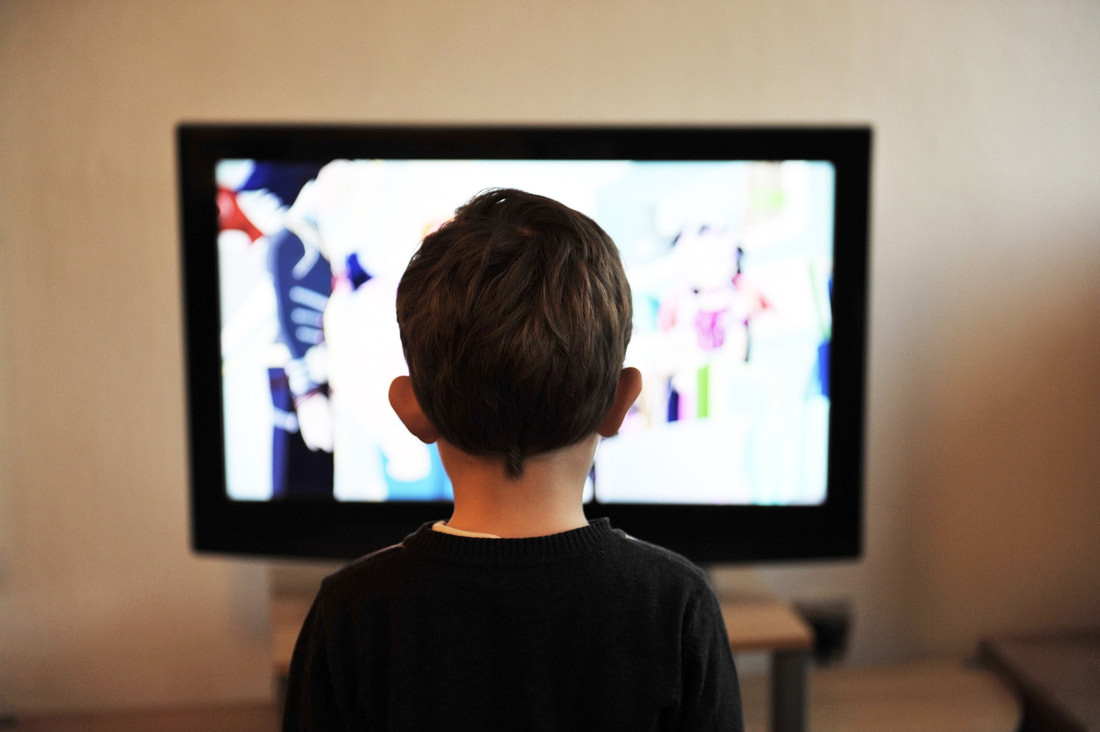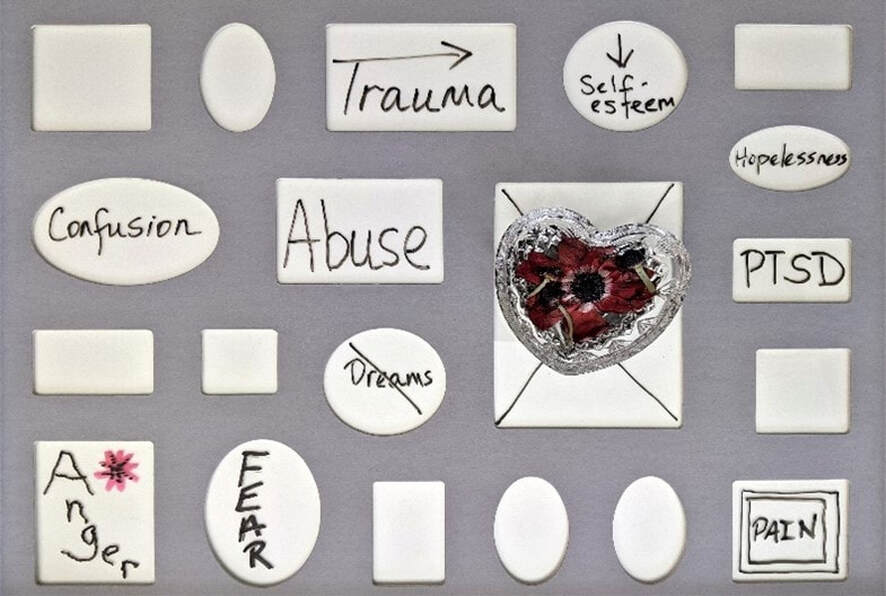|
by Melissa Marconi, LMSW What is Reassurance Seeking? We all have days in our lives when we need extra support. Our loved ones can lift us up when we need encouragement or provide feedback when we are working through a problem. Sometimes just the sound of someone’s voice can give us comfort. Social connection is invaluable and is linked to lowered depression and anxiety symptoms and improved overall health and well-being.
However, sometimes we start to rely on these loved ones (safety persons) and this can lead to problems. Though we may find short term relief, it actually increases our need for more reassurance. Not only will
0 Comments
by Jayoti Chabra, LMSW Being overwhelmed can be triggered through many aspects of your life. Work, family, friends, school and other mental, physical or emotional factors play a role. These experiences individually may not amount to much, but the sum can be greater than the individual parts. If we don’t have the appropriate coping mechanisms, there can be an avalanche type of effect. In order to avoid this, there are many tips and tricks that can be used to help manage and cope with the stress in a healthy manner.
Some of these techniques include the following: by Bryan Johnson, LMSW Therapists are individuals who are trained to help others with the many difficulties they can experience in their lives. They are empathic, kind, knowledgeable and authentic. The media does not always view therapists in the same light!
An example of this is from the movie “The Santa Clause.” In this movie, there is a character who is a child psychologist, and the film portrays him as being very obnoxious and a know-it-all. This type of portrayal has impacted how individuals view therapists and all mental health workers. While this movie was made in the 90’s, this is still a common theme in today’s media. A movie produced more in the present, “Split” is based on an individual who has 23 different personalities and is seeing a psychologist for therapy. This psychologist became so emotional and invested in this patient that her inappropriate interactions cost her her life. These shows are just two examples of a wide variety of mental health characters that have been portrayed wrongly to the public. No wonder so many people "don't believe" in therapy or wonder how talking to someone can even help. But what is the difference between media portrayals and real life therapy? With Links to Get Started by Melissa Marconi, LMSW Meditation is a great tool to add to your wellness routine as it can give you a sense of calm, peace, and balance. It can benefit both your emotional well-being and your physical health. Meditation can help you learn to stay centered and keep inner peace.
by Jessica Satkunasingham, MS When you think about your family and the amount of screen time that they watch, what comes to mind? Do they watch too much? Too little? Just the right amount?
By Andrea Panebianco, MS What is trauma? Trauma is a lasting emotional response that individuals experience once having lived through a distressing or painful event. While many people endure traumatic events, it is important to remember that the experience of trauma can significantly impact one’s ability to function in their everyday lives. This notion is particularly true for adults and children who have experienced prolonged trauma, including trauma related to pervasive racism, poverty, and other adversities.
So, with this, what is executive functioning? Executive functioning includes a multitude of mental processes that enable us to communicate, attend, focus, and multitask; it helps us remember and apply information, plan and achieve goals, and make healthy decisions for ourselves and others. Importantly, these types of skills are related to the physical development of our brains. Executive functioning, therefore, is a crucial element for maintaining academic, cognitive, social, and behavioral success throughout our lifetime. How, then, does trauma impact someone’s executive functioning skills? The real reason why social media might be making you feel bad by Victoria Pitz, LPMHC Cognitive dissonance is the feeling of discomfort one feels when your thoughts or feelings about ourselves do not align with our actions.
Social media tends to exacerbate this phenomenon at an overwhelming rate. It perpetuates the feelings of “should”. I should be having more fun, I should be doing what they’re doing, I shouldn’t be feeling the way that I feel…It can be difficult to recognize the direct damage social media does to your self-esteem because it has become so ingrained in our daily lives. So how might social media trigger cognitive dissonance? Perhaps you are not feeling your best lately. Things just don’t seem to be going your way; maybe you experienced something that shook you up. Life just feels awful and overwhelming right now.You scroll through social media when you're bored. Half the time you don’t even realize how long you’ve been scrolling for. But your brain is taking note: "Wow. So-and-so went to Paris; why can’t I do that?" "Look, this person got their dream job, but I’m still stuck in one that I hate." "How nice, this person goes out every weekend and has a blast, here I am, feeling like cr*p." by Janet Whyte, LCSW It is no secret that regular exercise has numerous health benefits. Aside from the more obvious physical benefits, there are many ways in which exercise is found to improve mental health. Exercise is proven to help decrease symptoms of anxiety, depression, improve the body’s ability to respond to stress, increase self-esteem, improve sleep, and improve memory. Recently, a study published in the Journal of Physiology found that six minutes of high-intensity cycling could delay the onset of neurodegenerative disorders, such as Alzheimer's and Parkinson's disease. Exercise releases endorphins, or “feel-good” brain chemicals that can enhance your sense of wellbeing and therefore reduce feelings of depression and anxiety. Exercise can help improve sleep, and this in turn has a positive impact on mood, attention, and memory. Additionally, mindfulness can be incorporated into your exercise routine as you pay closer attention to the feeling of your feet hitting the ground, the pace of your breathing, or the feeling of your muscles as they are working hard. When you are focused in on your body during a workout, this may help shift your focus away from any anxious thoughts.
by Caroline Rudin, LMSW MS.Ed.
These goals that we create are made with the best of intentions, we are feeling optimistic, excited even, to achieve these quests within the next three hundred sixty five days. Some people set goals to lose weight, redesign their spaces, or make all new friends to socialize with. Often, these goals are created using all-or-nothing language: I am going to lose thirty pounds. I am going to purchase all new furniture, paint, and decor. I am going to go out every single weekend. This wording leaves very little room for reality and the potentially difficulties we may encounter. What happens when this newfound hope turns into acknowledging that this goal may be out of reach?
by Linda Montalbano, Mental Health Counselor Many children and adolescents struggle, whether it be with friendships, school issues, problems within the family dynamic, or something else. It is very common if your child is hesitant to share their worries and problems with you. Therapy is an excellent outlet for children. In therapy, children learn to talk about and work through their problems. They learn healthy coping methods and communication skills.
How do you know when to take your child to therapy? It can be nerve-wracking and stressful when you realize your child is struggling. When areas of their lives are affected or become unmanageable, it is a good indicator that your child may benefit from therapy sessions. Some signs include struggles in school performance, changes in friendships and relationships, decreased self-esteem, changes in appetite and sleep habits, and symptoms of anxiety and depression. |
Archives
October 2023
Categories
All
|









